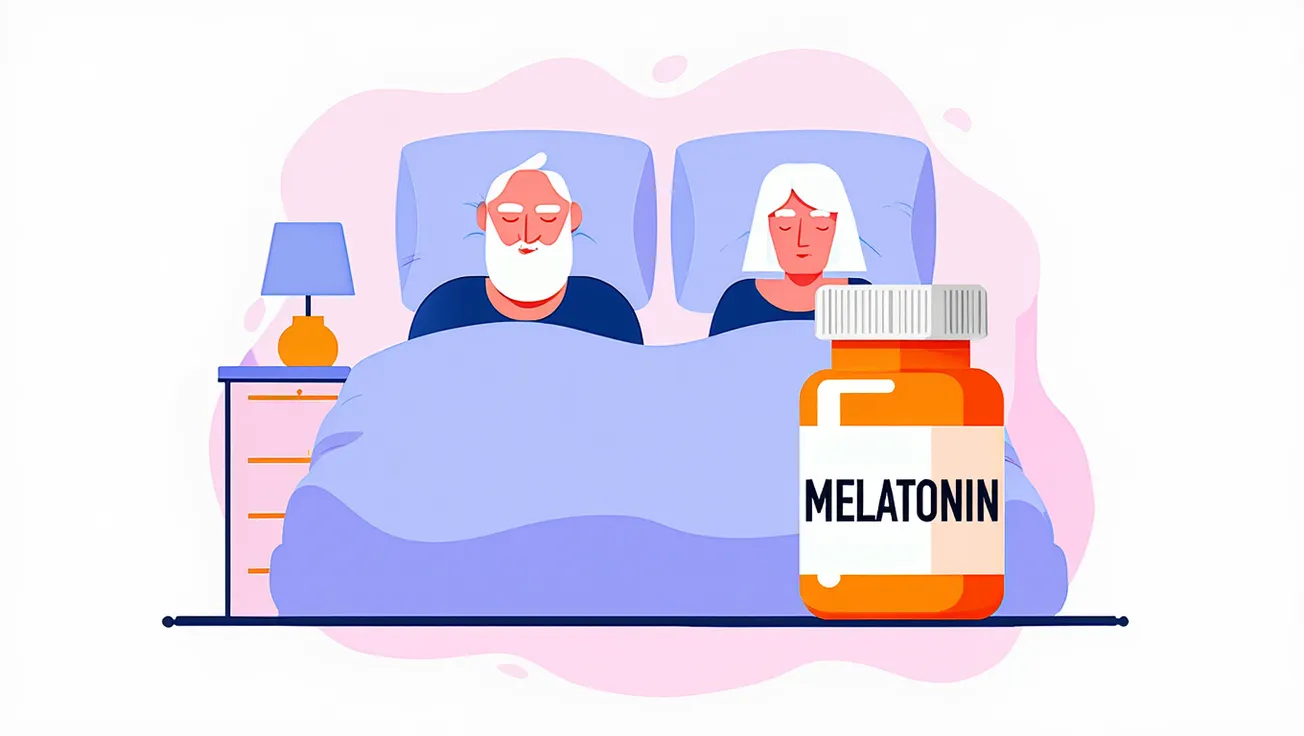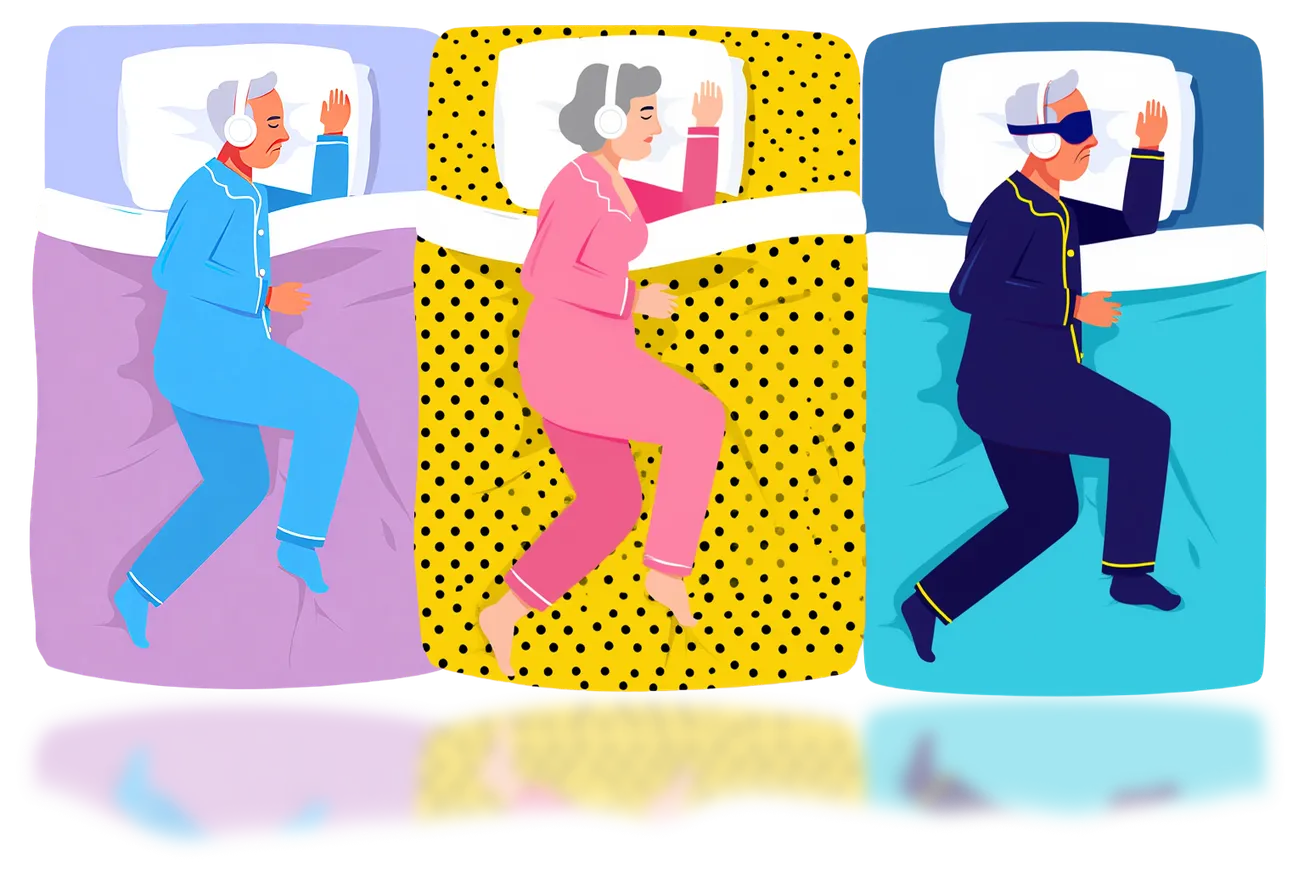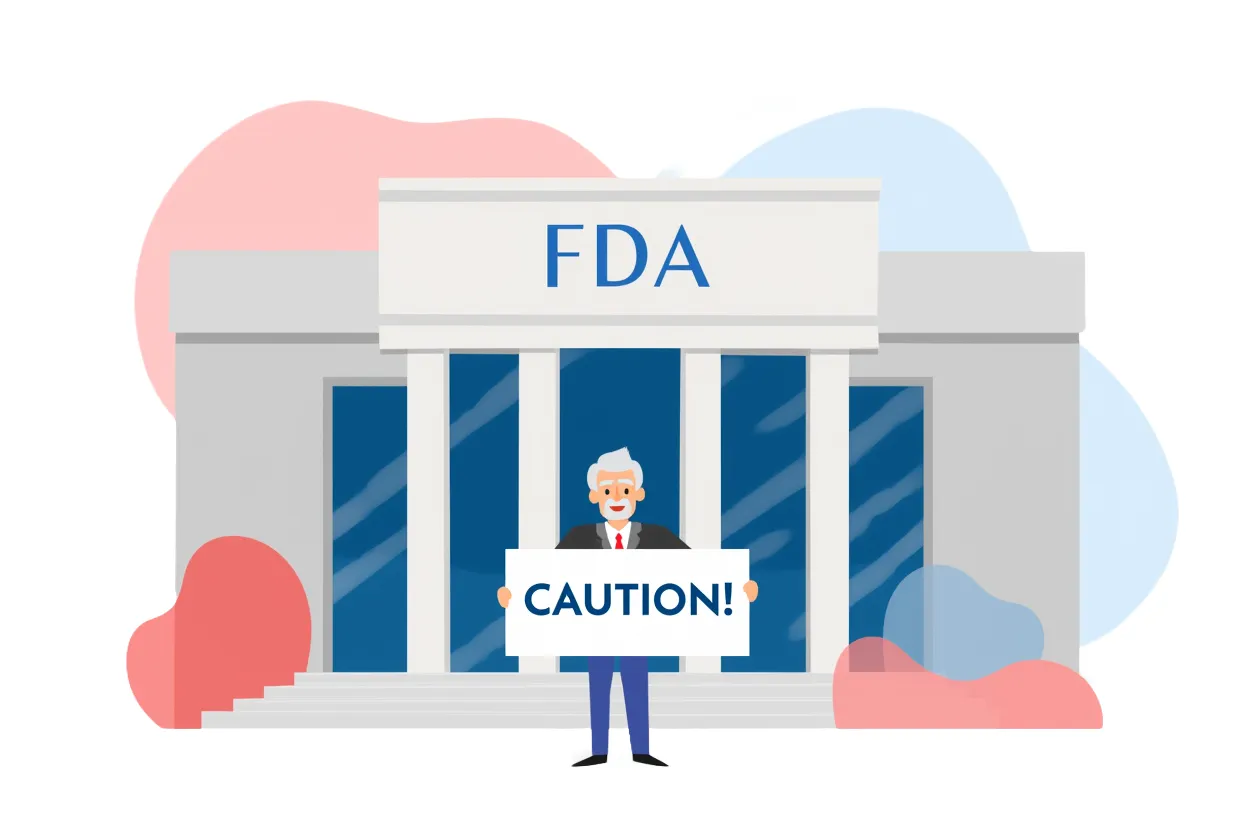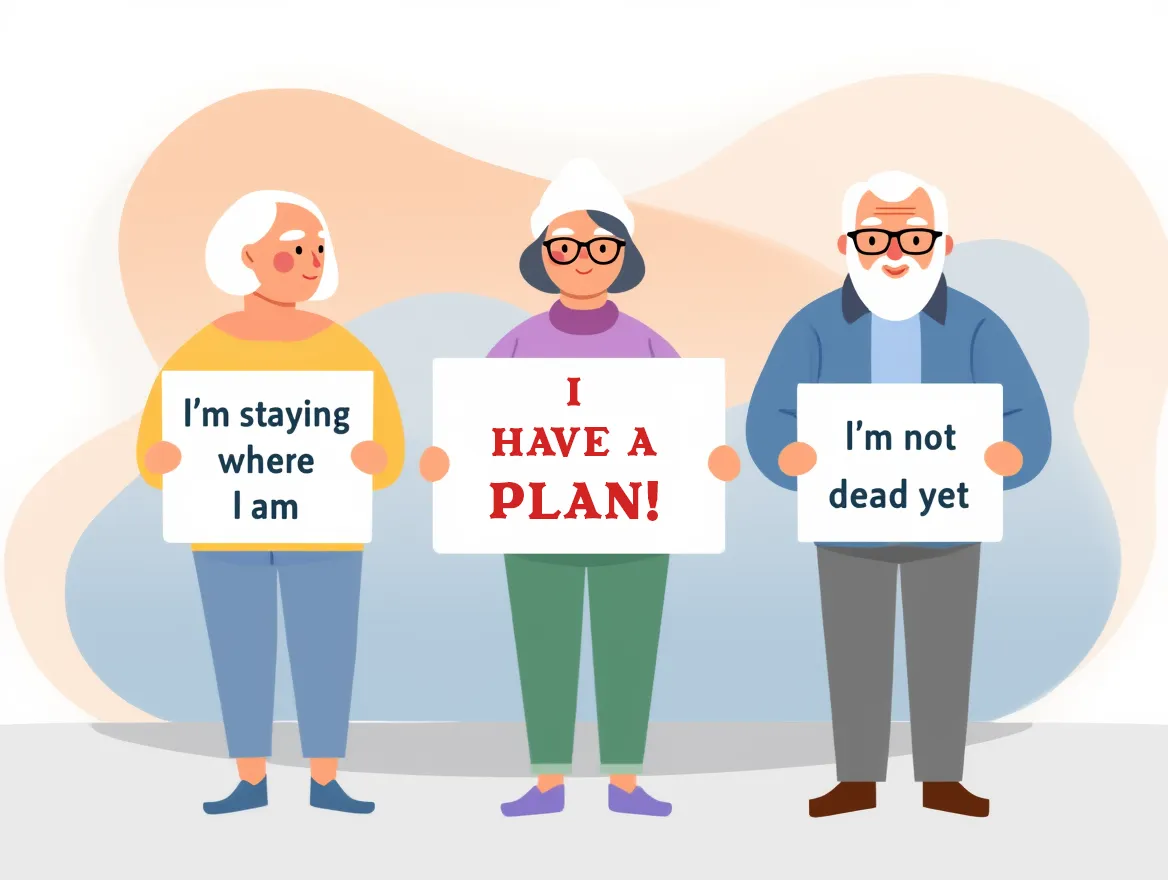The Takeaway
- A new study links long-term melatonin use to higher rates of heart failure and death.
- Researchers say melatonin doesn’t cause heart problems — but chronic insomnia might.
- Adults taking melatonin for more than a year were twice as likely to develop heart failure.
- Experts advise checking with a doctor if you’ve been using melatonin long term.
A new study suggests that taking melatonin for sleep might reveal more than just your bedtime habits — it could hint at underlying heart issues.
According to a report from NBC News, researchers found that adults who used melatonin for more than a year were nearly twice as likely to develop heart failure compared to non-users. The study analyzed five years of health data from more than 130,000 adults, with an average age of 56.
But the researchers emphasized that melatonin itself isn’t to blame. Instead, the need for long-term sleep help may reflect deeper cardiovascular problems.
“Insomnia can increase blood pressure, stress hormones, and inflammation,” said Dr. Ekenedilichukwu Nnadi, the study’s lead author and an internal medicine resident at SUNY Downstate/Kings County Primary Care in New York City.
The data showed that 4.6% of people who regularly took melatonin developed heart failure, compared with 2.7% who didn’t. Long-term users were also more likely to be hospitalized and nearly twice as likely to die during the study period.
Still, the researchers cautioned that the results only apply to patients whose melatonin use appeared in medical records — meaning many over-the-counter users weren’t counted.
Cardiologists who reviewed the findings said they raise important questions about sleep aids and heart health but don’t prove cause and effect.
“I caution people against drawing concrete conclusions based on this study alone,” said Dr. Nishant Shah, a preventive cardiologist at Duke University Medical Center. “But now that we have this observation, it’s time to figure out whether there’s actually a direct association of harm with sleep agents.”
The findings are being presented at the American Heart Association’s annual meeting in New Orleans but have not yet been peer-reviewed.
Heart failure affects nearly 7 million Americans, according to the CDC. Symptoms can include fatigue, shortness of breath, and swelling in the legs or feet — and doctors say anyone using melatonin regularly for sleep should have their cardiovascular health checked.
“People should be aware that it should not be taken chronically without a proper indication,” said Marie-Pierre St-Onge, director of the Center of Excellence for Sleep & Circadian Research at Columbia University.
Melatonin is a hormone produced naturally in the body to help regulate sleep cycles. Synthetic versions, sold widely as dietary supplements, vary in dosage and purity since they aren’t regulated by the FDA.
A 2022 Sleep Foundation survey found that as many as 27% of U.S. adults take melatonin, along with about 4% of children — a jump that has doctors concerned about overuse and self-diagnosis.
“If there is harm from a supplement, it means the cost could be far more than simply expensive urine,” said Dr. Martha Gulati, preventive cardiologist and incoming director of the Davis Women’s Heart Center at Houston Methodist.
Bottom line: If you’ve been taking melatonin every night for a year or longer, talk with your doctor. The problem might not be your sleep — it might be your heart.
Source: NBC News – “What taking melatonin could reveal about your heart health”
Disclaimer: This article is for informational purposes only and is not a substitute for professional medical advice. Always consult your healthcare provider before starting or stopping any supplement.










